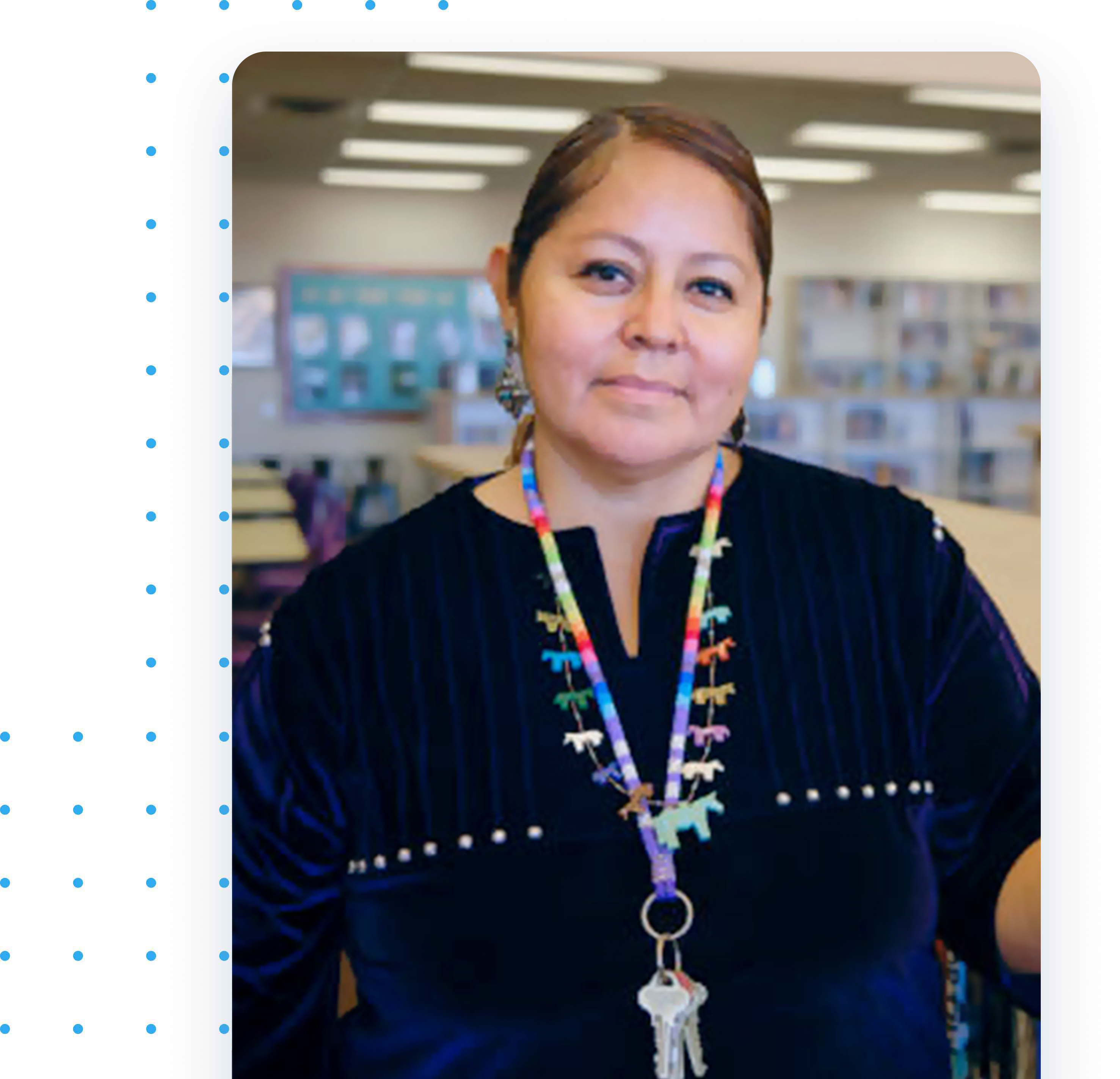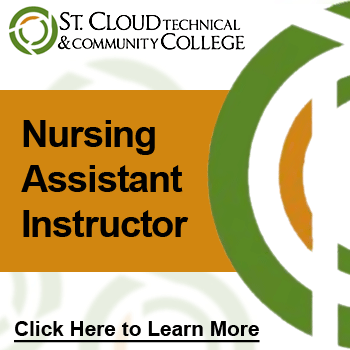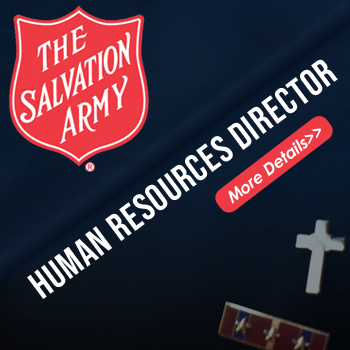
Turtle Rescue Team/NC Museum of Natural Sciences Medical & Surgical Internship
Job Description
Posting Number
PG191351PDPosition Number
00109398Position Type
Post DocDepartment ID
190101 - College Of Veterinary MedicineDepartment
190101 - College Of Veterinary MedicineJob City & State
Raleigh, N.C.Essential Job Duties
We are currently seeking a qualified veterinarian or a final-year veterinary student to join our team. This is a professional veterinary position and not an undergraduate internship.
This internship will reside within the Veterinary Health and Wellness Center, which is a part of the larger NC State Veterinary Hospital at the CVM. The Turtle Rescue Team (TRT) was started in 1996 and has managed over 8000 cases to date. The caseload has been steadily increasing as has research productivity and scholarly output. The TRT publication resume lists 23 peer-reviewed research papers, six peer-reviewed case reports, two review papers, and 20 research abstracts.
The Intern will also have a workstation/office at the Nature Research Center of the North Carolina Museum of Natural Sciences (NCMNS). The Museum’s Veterinary Sciences (VetS) section’s primary purpose is to advance the Museum’s mission through education, research, collaboration, conservation, and animal health management. VetS provides leadership and guidance to staff, colleagues, and the public on topics associated with veterinary science, medicine, husbandry, animal welfare, and public health. VetS also provides leadership and support for the husbandry, medical care and health management of the Museum’s live animals maintained for exhibits, education, research, and conservation. Faculty mentors include Gregory A. Lewbart, DACZM, DECZM (ZHM), Daniel S. Dombrowski (NCMNS), Tara Harrison, DACZM, DACVPM, DECZM (ZHM), Olivia Petritz, DACZM, and Sarah Ozawa, DVM, DACZM. Kent Passingham, BS, (20 years of experience) and Shane Christian, BS, (25 years of experience) will provide technical and logistical support. Training and mentoring will take place at the NCMNS and TRT clinic, but may also include offsite training during field service visits to local private collections, and other partner institutions. The TRT/NCMNS intern will be included in EAMS and Zoological Medicine Teaching Rounds. The intern will act as a clinician-in-training within the NCMNS and the TRT.
The selected candidate will:
1. Must be a final-year veterinary student in an accredited veterinary program or a licensed veterinarian.
2. Provide and support high quality effective and efficient patient care for a variety of wild amphibians and reptiles along with select Museum species ranging from invertebrates to rabbits. Clinical responsibilities will entail all the duties associated with case management: good Samaritan and rehabilitator communication, development and implementation of a diagnostic and treatment plan, interpretation of diagnostic findings, surgery, post-operative care, development of a home care plan, and fiscally responsible management – all with appropriate level of faculty guidance and
mentorship.
3. Provide high quality teaching and mentoring for veterinary students and undergraduate volunteers in the NCMNS and TRT clinics. Interns are required to give one 30-minute presentation during the House Officer Seminar series. At the NCMNS they will also present cases to and interact
with the public during weekly scheduled clinical case times.
4. Contribute to ongoing research projects, help organize the RaptorMed® medical records system, and develop a publishable research project related to the NCMNS/TRT caseload. This internship will prepare the successful candidate for a zoological residency, specialized internship, or a position working in the field of wildlife rehabilitation.
Other Duties and Responsibilities
1. Work Week: scheduled 40 hours per week:
A. Museum Schedule: Tuesday and Wednesday 9:30- 6:00; Friday 9:30- 6:00 from September 1 through April 15 with some later hours, holidays, weekends, special events, and additional mornings during off-peak times for emergencies, special events, or wildlife reptile patients through Turtle Rescue Team. At the Museum, the intern will be performing exams, practicing medicine, and teaching students, all while presenting to and interacting with the public in the Window on Animal Health.
B. Turtle Rescue Team Schedule: Monday and Thursday ~8:30- 5:00; Friday ~8:30- 5:00 from April 16 through August 31 or as otherwise arranged by Primary Faculty with some later hours, holidays, weekends, and additional mornings during peak times for wildlife reptile patients through Turtle Rescue Team.
2. Attention to biosecurity and cross-contamination between facilities and wildlife vs collection animals between facilities as appropriate.
3. Intern will be encouraged to complete one publication for submission to an appropriate scientific journal based on TRT or Museum work. This can be based on a clinical case study, primary hypothesis driven research, data mining, or other project. Can be a project completed by the intern during the internship- or based on previous unpublished projects or data. Publication draft to be written and submitted by the intern but the project should include coauthor ship opportunities for students and other collaborators. Deadlines for staged drafts to be completed to be established at beginning of the internship. This project and/ or publication will require time committed outside of the assigned Museum and TRT work schedule unless other arrangements are made.
4. At the Museum, the intern will have an assigned workstation. In addition, the Museum experience will include:
A. The intern will be serving as a primary clinical veterinarian working on Museum cases in the Window on Animal Health overseeing student interns and interacting with Museum guests while onsite. The intern will be expected to be proficient in time management and in performing
medical examinations and welfare evaluations of museum exotic animal species including veterinary procedures and collecting/ evaluating diagnostic samples. Cases will be assigned at the discretion of the Chief Veterinarian with all record entries, medical management plans, and
invasive procedures reviewed for approval and under their guidance.
B. Special skills/ Museum procedures with invertebrates, fish, herps, birds, and small mammals will include PEs, anesthesia, surgery, injections, handling/ restraint techniques, venipuncture, microscopy, chemistry, radiographing, scoping, ultrasound, and necropsies.
C. Developing working knowledge of zoonotic diseases and public health related aspects of veterinary medicine relative to the Museum collection. Intern will be responsible for Zoonotic training of students and staff.
D. Reviewing and referencing scientific literature for clinical application.
E. Performing annual wellness exams and welfare evaluations for the collection of Museum animals.
F. Remote injection training and safety to oversee field training for undergraduate students.
G. Developing and delivering special programs for Museum Special Event Days (Bugfest, Reptile and Amphibian Day, etc.). These may be on weekends or after hours outside of regular schedule.
H. Performing examinations and veterinary procedures while interacting with and working in front of large audiences.
This internship will reside within the Veterinary Health and Wellness Center, which is a part of the larger NC State Veterinary Hospital at the CVM. The Turtle Rescue Team (TRT) was started in 1996 and has managed over 8000 cases to date. The caseload has been steadily increasing as has research productivity and scholarly output. The TRT publication resume lists 23 peer-reviewed research papers, six peer-reviewed case reports, two review papers, and 20 research abstracts.
The Intern will also have a workstation/office at the Nature Research Center of the North Carolina Museum of Natural Sciences (NCMNS). The Museum’s Veterinary Sciences (VetS) section’s primary purpose is to advance the Museum’s mission through education, research, collaboration, conservation, and animal health management. VetS provides leadership and guidance to staff, colleagues, and the public on topics associated with veterinary science, medicine, husbandry, animal welfare, and public health. VetS also provides leadership and support for the husbandry, medical care and health management of the Museum’s live animals maintained for exhibits, education, research, and conservation. Faculty mentors include Gregory A. Lewbart, DACZM, DECZM (ZHM), Daniel S. Dombrowski (NCMNS), Tara Harrison, DACZM, DACVPM, DECZM (ZHM), Olivia Petritz, DACZM, and Sarah Ozawa, DVM, DACZM. Kent Passingham, BS, (20 years of experience) and Shane Christian, BS, (25 years of experience) will provide technical and logistical support. Training and mentoring will take place at the NCMNS and TRT clinic, but may also include offsite training during field service visits to local private collections, and other partner institutions. The TRT/NCMNS intern will be included in EAMS and Zoological Medicine Teaching Rounds. The intern will act as a clinician-in-training within the NCMNS and the TRT.
The selected candidate will:
1. Must be a final-year veterinary student in an accredited veterinary program or a licensed veterinarian.
2. Provide and support high quality effective and efficient patient care for a variety of wild amphibians and reptiles along with select Museum species ranging from invertebrates to rabbits. Clinical responsibilities will entail all the duties associated with case management: good Samaritan and rehabilitator communication, development and implementation of a diagnostic and treatment plan, interpretation of diagnostic findings, surgery, post-operative care, development of a home care plan, and fiscally responsible management – all with appropriate level of faculty guidance and
mentorship.
3. Provide high quality teaching and mentoring for veterinary students and undergraduate volunteers in the NCMNS and TRT clinics. Interns are required to give one 30-minute presentation during the House Officer Seminar series. At the NCMNS they will also present cases to and interact
with the public during weekly scheduled clinical case times.
4. Contribute to ongoing research projects, help organize the RaptorMed® medical records system, and develop a publishable research project related to the NCMNS/TRT caseload. This internship will prepare the successful candidate for a zoological residency, specialized internship, or a position working in the field of wildlife rehabilitation.
Other Duties and Responsibilities
1. Work Week: scheduled 40 hours per week:
A. Museum Schedule: Tuesday and Wednesday 9:30- 6:00; Friday 9:30- 6:00 from September 1 through April 15 with some later hours, holidays, weekends, special events, and additional mornings during off-peak times for emergencies, special events, or wildlife reptile patients through Turtle Rescue Team. At the Museum, the intern will be performing exams, practicing medicine, and teaching students, all while presenting to and interacting with the public in the Window on Animal Health.
B. Turtle Rescue Team Schedule: Monday and Thursday ~8:30- 5:00; Friday ~8:30- 5:00 from April 16 through August 31 or as otherwise arranged by Primary Faculty with some later hours, holidays, weekends, and additional mornings during peak times for wildlife reptile patients through Turtle Rescue Team.
2. Attention to biosecurity and cross-contamination between facilities and wildlife vs collection animals between facilities as appropriate.
3. Intern will be encouraged to complete one publication for submission to an appropriate scientific journal based on TRT or Museum work. This can be based on a clinical case study, primary hypothesis driven research, data mining, or other project. Can be a project completed by the intern during the internship- or based on previous unpublished projects or data. Publication draft to be written and submitted by the intern but the project should include coauthor ship opportunities for students and other collaborators. Deadlines for staged drafts to be completed to be established at beginning of the internship. This project and/ or publication will require time committed outside of the assigned Museum and TRT work schedule unless other arrangements are made.
4. At the Museum, the intern will have an assigned workstation. In addition, the Museum experience will include:
A. The intern will be serving as a primary clinical veterinarian working on Museum cases in the Window on Animal Health overseeing student interns and interacting with Museum guests while onsite. The intern will be expected to be proficient in time management and in performing
medical examinations and welfare evaluations of museum exotic animal species including veterinary procedures and collecting/ evaluating diagnostic samples. Cases will be assigned at the discretion of the Chief Veterinarian with all record entries, medical management plans, and
invasive procedures reviewed for approval and under their guidance.
B. Special skills/ Museum procedures with invertebrates, fish, herps, birds, and small mammals will include PEs, anesthesia, surgery, injections, handling/ restraint techniques, venipuncture, microscopy, chemistry, radiographing, scoping, ultrasound, and necropsies.
C. Developing working knowledge of zoonotic diseases and public health related aspects of veterinary medicine relative to the Museum collection. Intern will be responsible for Zoonotic training of students and staff.
D. Reviewing and referencing scientific literature for clinical application.
E. Performing annual wellness exams and welfare evaluations for the collection of Museum animals.
F. Remote injection training and safety to oversee field training for undergraduate students.
G. Developing and delivering special programs for Museum Special Event Days (Bugfest, Reptile and Amphibian Day, etc.). These may be on weekends or after hours outside of regular schedule.
H. Performing examinations and veterinary procedures while interacting with and working in front of large audiences.
Other Work/Responsibilities
Other duties as assigned.
Work Schedule
Monday - Friday, 8:00 a.m. - 5:00 p.m., occasional after-hours workDepartment Required Skills
DVM or equivalent degree. Must have some clinical experience in, and basic knowledge of, wild reptile medicine.
Preferred Years Experience, Skills, Training, Education
Prefer at least one year of post-DVM clinical training and experience and/or a recent DVM/VMD graduate with solid reptile medicine and surgery experience.
Required License or Certification
N/A
Valid NC Driver's License required?
NoCommercial Driver's License Required?
NoAnticipated Hiring Range
$40,000Job Open Date
10/10/2024Quick Link
https://jobs.ncsu.edu/postings/209324AA/EEO
NC State University is an equal opportunity and affirmative action employer. All qualified applicants will receive consideration for employment without regard to race, color, national origin, religion, sex, gender identity, age, sexual orientation, genetic information, status as an individual with a disability, or status as a protected veteran. Individuals with disabilities requiring disability-related accommodations in the application and interview process are welcome to contact 919-515-3148 to speak with a representative at the Office of Institutional Equity and Diversity.
If you have general questions about the application process, you may contact Human Resources at (919) 515-2135 or workatncstate@ncsu.edu.
Final candidates are subject to criminal & sex offender background checks. Some vacancies also require credit or motor vehicle checks. Degree(s) must be obtained prior to start date in order to meet qualifications and receive credit.
NC State University participates in E-Verify. Federal law requires all employers to verify the identity and employment eligibility of all persons hired to work in the United States.
If you have general questions about the application process, you may contact Human Resources at (919) 515-2135 or workatncstate@ncsu.edu.
Final candidates are subject to criminal & sex offender background checks. Some vacancies also require credit or motor vehicle checks. Degree(s) must be obtained prior to start date in order to meet qualifications and receive credit.
NC State University participates in E-Verify. Federal law requires all employers to verify the identity and employment eligibility of all persons hired to work in the United States.
*Please mention you saw this ad on NativeAmericansInAcademia.*
Be Seen By Recruiters at the Best Institutions
Create a FREE Profile to be Seen!






